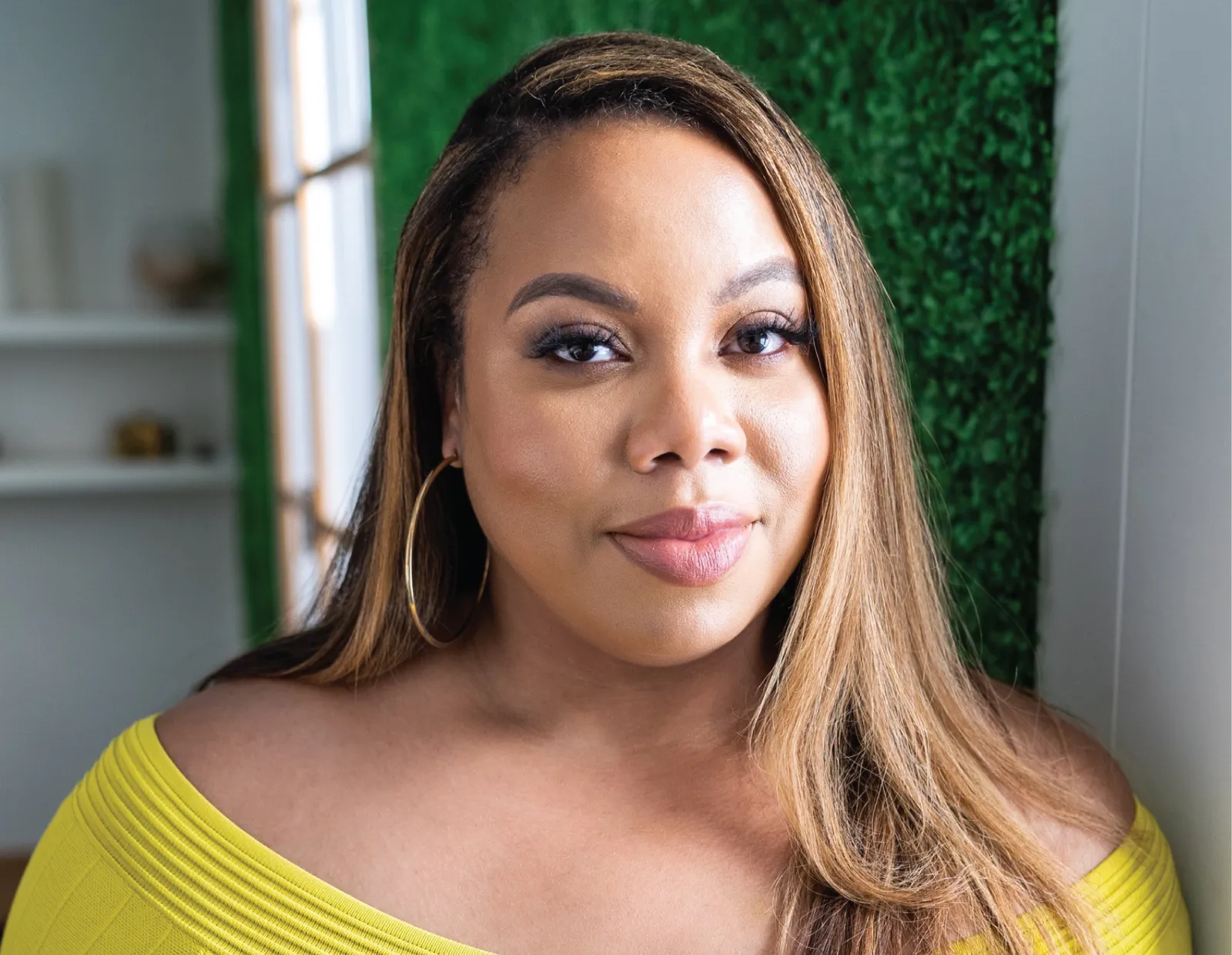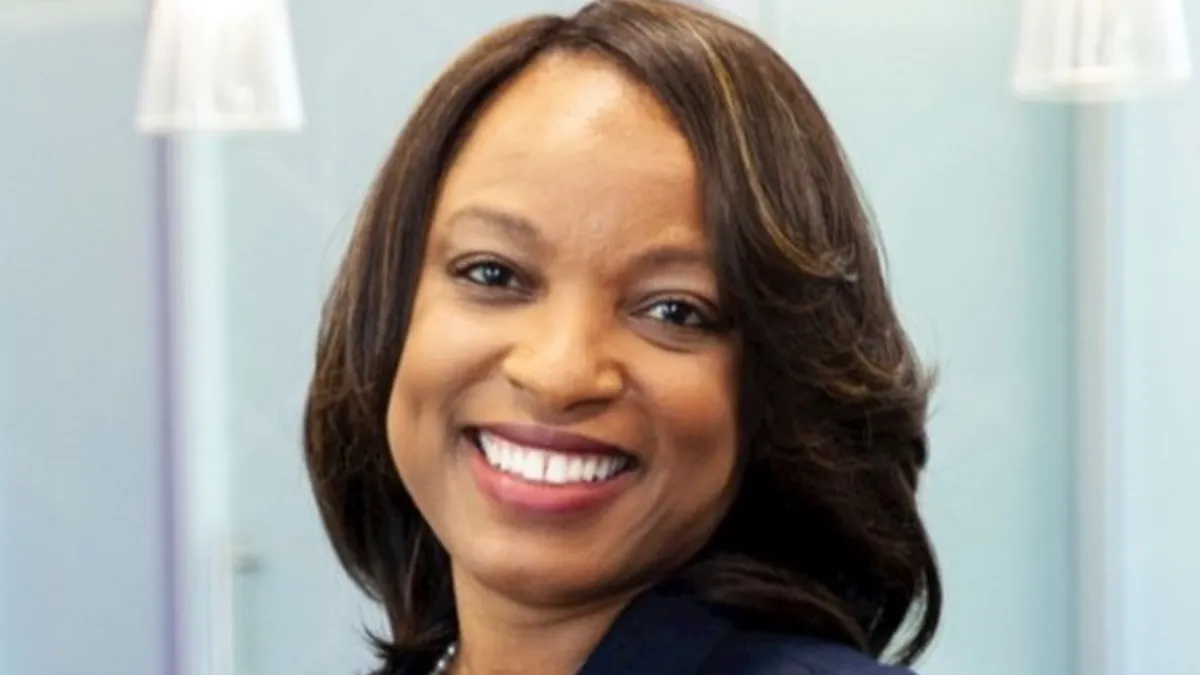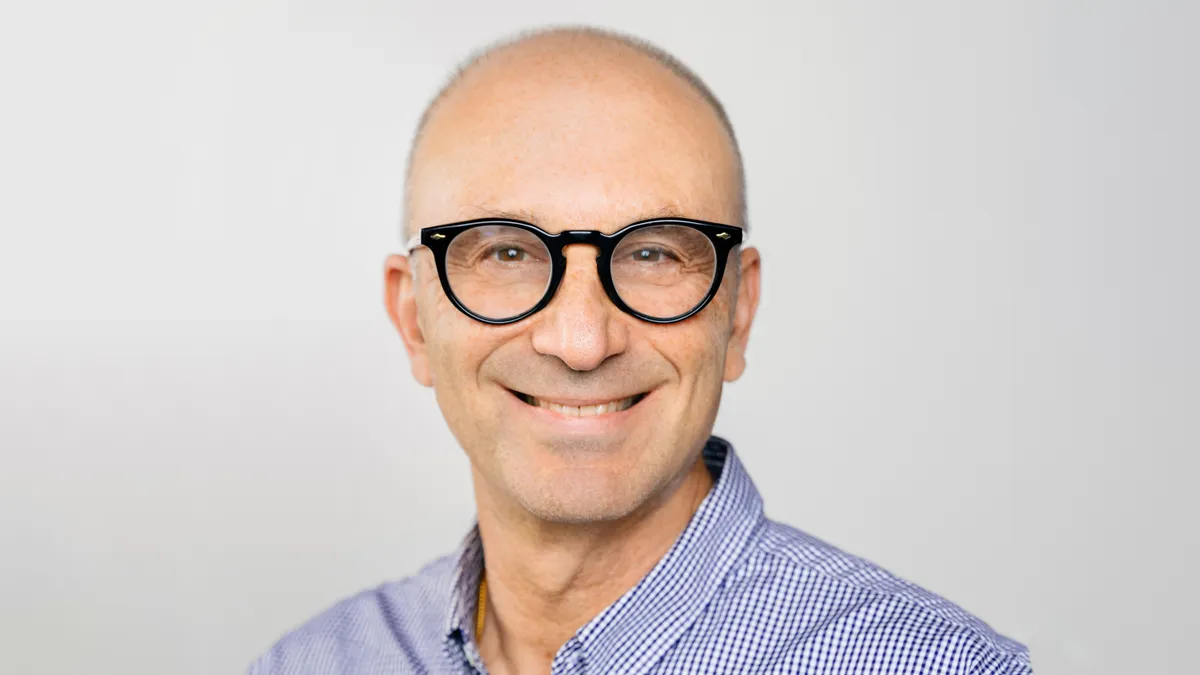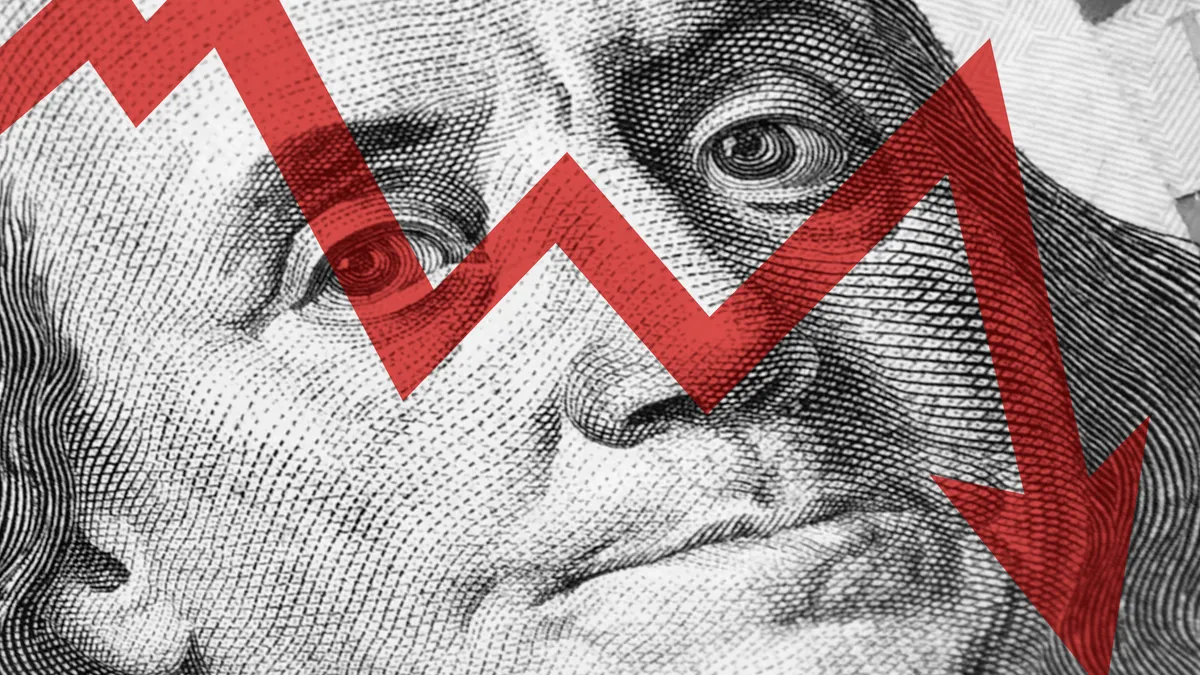In 2020, Takeda Pharmaceutical Co. embarked on an ambitious goal to address health disparities on a U.S. and global scale. To get started, the 240-plus-year old global company established two health equity-centered programs — The Center for Health Equity and Patient Affairs (HEPA) and the U.S. Health Equity and Community Wellness division — which align with the mission of "better health and a brighter future."
Next, the company brought in two superstars — Lauren Powell, PhD, who is Takeda’s vice president of U.S. health equity and community wellness; and Dr. Charlotte Owens, vice president and head of Takeda’s Center for Health Equity and Patient Affairs — to deliver on the initiative’s clearly defined mission.
Takeda designed HEPA, which encompasses six different teams, to bring together internal and external partners around the globe, elevate the patient’s voice and educate and convene global entities to address health inequities and provide early patient access to the company’s medicines.
“Within Takeda, HEPA sits at the intersection of research and access activities, serving as a center of excellence to all business units,” Owens said. “We gather diverse perspectives from people around the world and develop a broad ecosystem of partners to ensure these voices are heard and equity considerations are embedded into Takeda’s R&D, diversity in clinical trials and other patient-access activities.”
Takeda's U.S. Health Equity division is also built on establishing community-based partnerships, sharing knowledge and creating sustainable organizational structures.

“By partnering with communities, Takeda’s goal is to be a genuine, trusted and collaborative co-creator that delivers for all patients and helps blaze the trail for an equitable and sustainable healthcare system in the U.S.,” Powell added.
Here Powell and Owens share why health equity is not just a business imperative but a personal passion. They also discuss Takeda’s best practices to address health equity and the barriers that need to be overcome.
This interview has been edited for style and brevity.
PHARMAVOICE: The terms DE&I and health equity are frequently used interchangeably. How do you define the two concepts?
LAUREN POWELL: You’re absolutely right — DE&I and health equity are two very big concepts that are circulating right now at the same time, and they’re being used interchangeably, but they’re different. DE&I, in my opinion, is very much focused on the inner workings of an organization, focused on creating a culture of belonging that embraces equity, and creating an organization that fosters diversity. But health equity is much more about how the internal workings and the internal values of our culture are exuded externally. So health equity to me is about how we work with communities, those organizations outside of our company, and ultimately how we’re working to drive health and drive wellness outside of the four walls of our organization. The root of equity is around the sharing of power and the redistribution of power.
DR. CHARLOTTE OWENS: Achieving health equity goes beyond just being diverse, beyond just being equitable and beyond just being inclusive. To achieve health equity, you also eventually have to address the social determinants of health because what we understand is that what makes us healthy is outside of the healthcare system. It’s important that people don’t believe that just focusing on one arena addresses the underlying causes, the root causes, of health inequities.
Why join Takeda to lead the HEPA initiative?
Owens: Before I joined Takeda in May 2021, I had been a practicing obstetrician gynecologist for quite some time. I’ve also worked in the pharmaceutical and medical device industry for a little bit more than half of the time. In addition, I remain an adjunct assistant clinical professor of obstetrics and gynecology at the Morehouse School of Medicine.
The reason I point that out is because I’ve known for a long time that to truly make the whole person healthy, I had to think beyond the treatment, beyond the surgery, beyond the medicine, and really understand the life of the people who come to see me and the life they go back to after I care for them. It makes sense in the hospital setting, but I always felt that it made sense in the pharmaceutical industry too. When we are thinking about discovery and delivery of lifesaving treatments, we must think about the whole environment that drives health.
I grew up in East Oakland, Calif., and so I know what health inequities feel like, what they look like, what they sound like. It always made sense to me that we all needed to have a better life if we want to reach our full potential. I have a multichannel perspective in how I want to try to accomplish this, and I take it everywhere I go — I take it where I volunteer, I take it through academic contributions, I take it when I have an opportunity to speak to media. I took it to the Hill and to lawmakers when I had the opportunity to bring new products to the marketplace so that we could help people understand that a holistic approach to health is what really is needed. This is what drove me to this position.
In November 2020, Takeda launched (HEPA) to underscore the importance of this whole concept. It’s an extension of our purpose of better health for people and a brighter future for the world and I was like, ‘Oh my gosh — instead of doing this in a segment, I can go to a place that has decided this needs to be a center of excellence.’ For me, this was a natural extension of the work I have done and the person I am.
Powell: My background is in public health. I’m a former state health official. I’ve worked in health equity in the federal government, in state government and at the community level, but I’d never worked in the pharmaceutical industry. At the height of COVID, I was advising a state on its health equity efforts and began thinking about what I wanted to do next. I wanted to go somewhere where I could effect meaningful change quickly that would have life-changing consequences for people.
Pharma was a natural extension of my career. When I did my Ph.D., I focused on ways to diversify participation in clinical trials. I remember when I was doing my defense presentation, the committee asked: ‘What do you want to do with all the knowledge that you have?’ and I said, ‘I want to go work in pharma and I want to help them understand their role in helping to drive health equity forward.’ This was probably seven or eight years ago, and people said, ‘Pharma’s never going to get there;’ and, lo and behold, here we are.
My journey has been driven by professional experiences but also personal experiences such as the loss of family members to preventable illnesses, to experiences of racism in seeking healthcare. I want to do everything I can to ensure that we’re creating a society in which health and wellness is the norm and not the exception. It’s something within the grasp and reach of everyone.
Our remit within the U.S. is very much focused on creating better lines of communication with community-based organizations; doing a better job of identifying the diverse demographics within the therapeutic areas that we are focused on; and ultimately, always creating the conditions for trustworthiness. As a company we want to be seen as trustworthy and therefore engender trust from many of the historically marginalized communities that we haven’t been able to necessarily engage with previously.
HEPA comprises six different business units and operates on a global basis. How do you manage the processes?
Owens: We build on our legacy. We have so many different teams that have already been reaching to get closer to patients and to get closer to the ecosystems around those patients. So we build on what they started and we go from there together. We have communities of practices where we work collaboratively. We customize approaches when there’s a particular issue. We not only want to approach this holistically, but we also customize our approach by bringing people into this knowledge-sharing network that allows us to tackle one community at a time. And that’s where you have to start — one community at a time, one group at a time — but it’s the collective effort that allows you to actually make change.
What are HEPA’s goals?
Owens: Our goals roll up into a couple of big buckets. No. 1, we want to make sure the patient is at the center of everything we do. So, we need to make sure we understand the people, places and things that move patients away from and toward health and incorporate those learnings into our development and our discovery as well as our delivery cycles. We also want to ensure we are educating, inspiring and informing others to join us. Because we learn from not only the work we’ve done but from people who we are able to engage in the communities. This is a long-term commitment, obviously, because we cannot address any of these issues quickly and we can’t address them alone. We also want to build capacity in communities as well as within our own walls to ensure we’re able to not only do this work again and again, but that we get better at it. And when we can build capacity in communities to become more resilient, then they’re able to partner with us in much more meaningful ways; again, going beyond the therapy. These goals, which are measurable and impactful, have been identified by patients in the communities. We are a value-based healthcare company, and we want to make sure that we are going beyond the therapy in communities, and that we are putting patients first as we’re making our business decisions.
We also always try to create holistic and future-forward plans. In other words, we’re not just focused on today, but we’re trying to create a place where communities can be resilient and sustainable beyond our intervention. We don’t want communities to become dependent, but we also want to give them the help that they need … and help them have a bigger ecosystem of people who can help them get to where they want to go. This is what we call reciprocal impact partnerships.
Tell us about the partnerships in the U.S. that Takeda has with Xavier University of Louisiana and Remote Area Medical.
Powell: These are multi-year health equity partnerships, which we’ve just kicked off. Xavier University of Louisiana, a historically Black college or university, is No. 1 for placing African American students into medical school, No. 1 for graduating Black students in the life sciences and it has a school of pharmacy as well as a center for health equity. This is a bidirectional exchange. We are providing opportunities for students to learn more about pharma and we are learning from Xavier, which is widely respected on how to build trust with the Black community in particular.
The second partnership is with Remote Area Medical, which we call RAM for short. RAM is a nonprofit based in Tennessee that does pop-up health clinics, mostly in rural parts of the country. They are providing completely free healthcare services to people who are hundreds of percentage points below the federal poverty level. These might be folks who are seeing a physician or receiving medical care for the first time.
We are not only supporting the clinic operations for RAM but eventually we will have opportunities for our Takeda folks to volunteer in these clinics across the country. I think this is important because if we want to fully embrace and embody the tenets of health equity, we have to truly be conscious of what it is and have a tangible understanding of what it is.
What are the barriers that you need to overcome to achieve health equity?
Powell: From a U.S. perspective, there are a couple things. First, we have to help people understand that inequities do exist. In general, there are people who don’t have the lived experience of understanding what health inequities are. We need to address the systems of oppression that create inequitable opportunities in society, (such as) racism, sexism, homophobia — all the social constructs that create uneven and inequitable experiences for people in society.
I’m often faced with the explanation that ‘we can’t boil the ocean.’ It is important to acknowledge that health equity is a really, really big topic, but there are very specific ways that we can make a difference that don’t necessarily require million-dollar budgets or entire new teams. There are small policy changes, even decision-making trees, that will really lead us down a path of supporting and driving health equity wherever we can start.
Owens: I would add one of the biggest barriers is around awareness — this is not simply a philanthropic issue nor a singular issue. In some places, people think that it’s just related to a DE&I effort or that it’s just an issue around ‘I need to donate more.’ And they don’t quite connect the fact that we need to address economic stability, education access, healthcare access and quality, the neighborhood and the social and community context. This is what gives this a global appeal because where there are unique issues in the U.S., there are social determinants of health present everywhere. So, from the global perspective, its helping people understand how these are not separate things that factor into our health, but how all of these contribute to our health, and especially how the non-medical pieces contribute to our health. I think when people understand that, then they’ll understand that we all have a role to play.




















